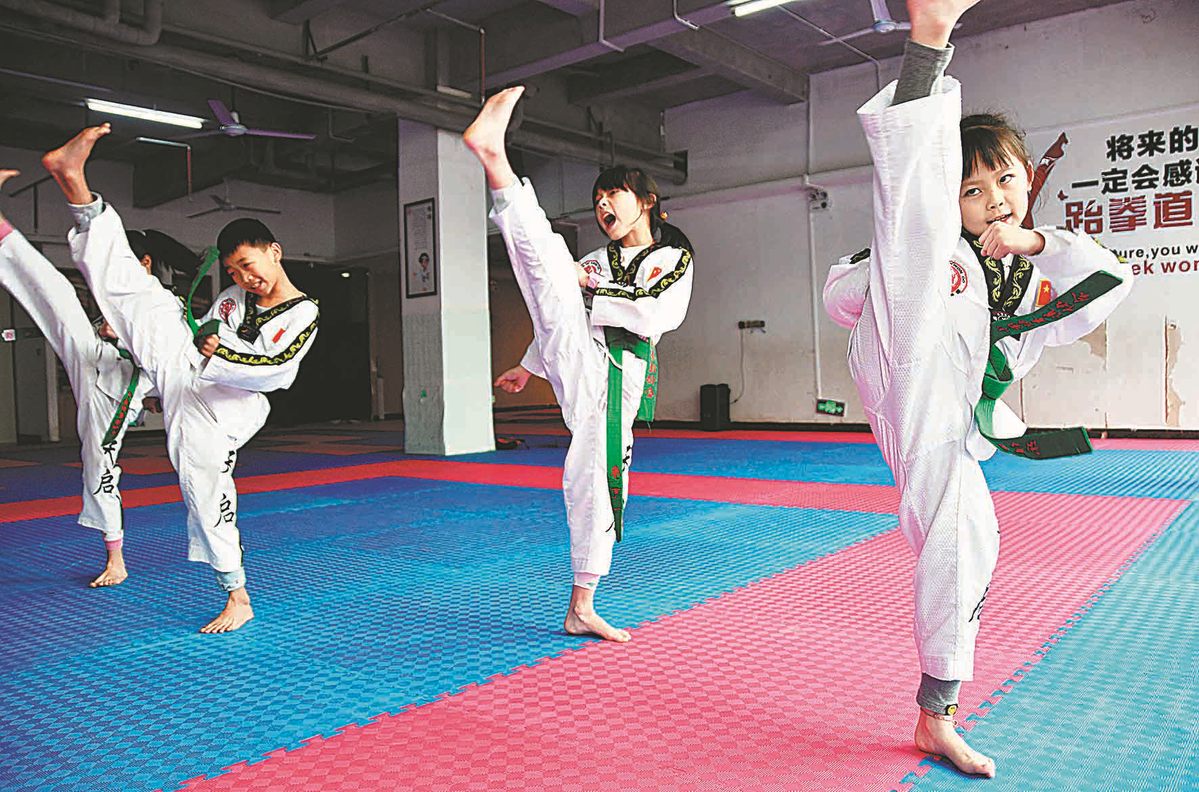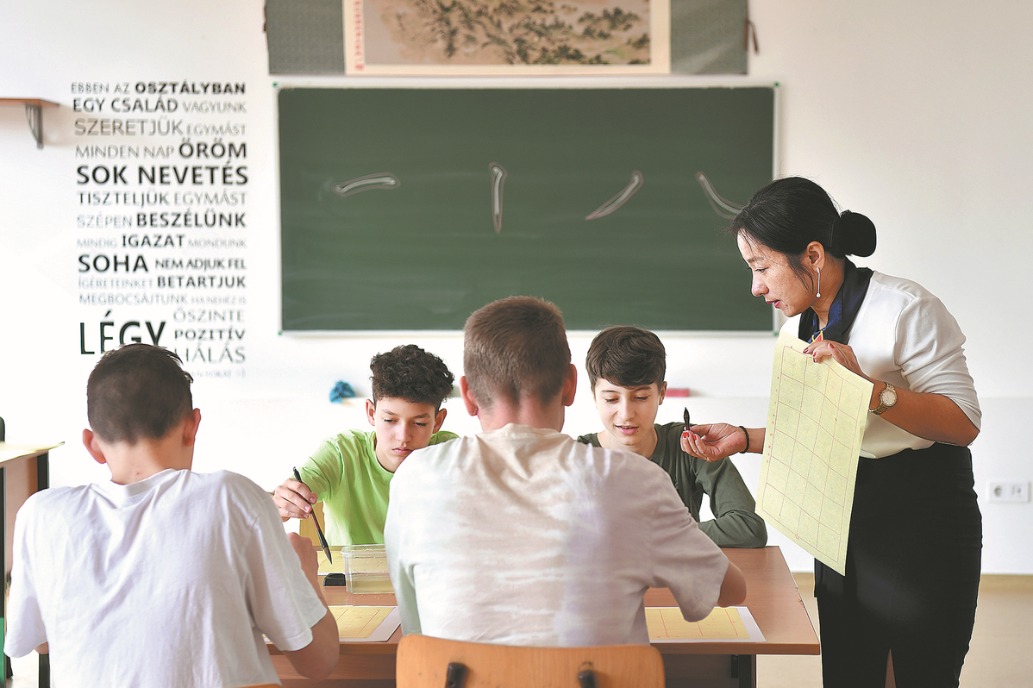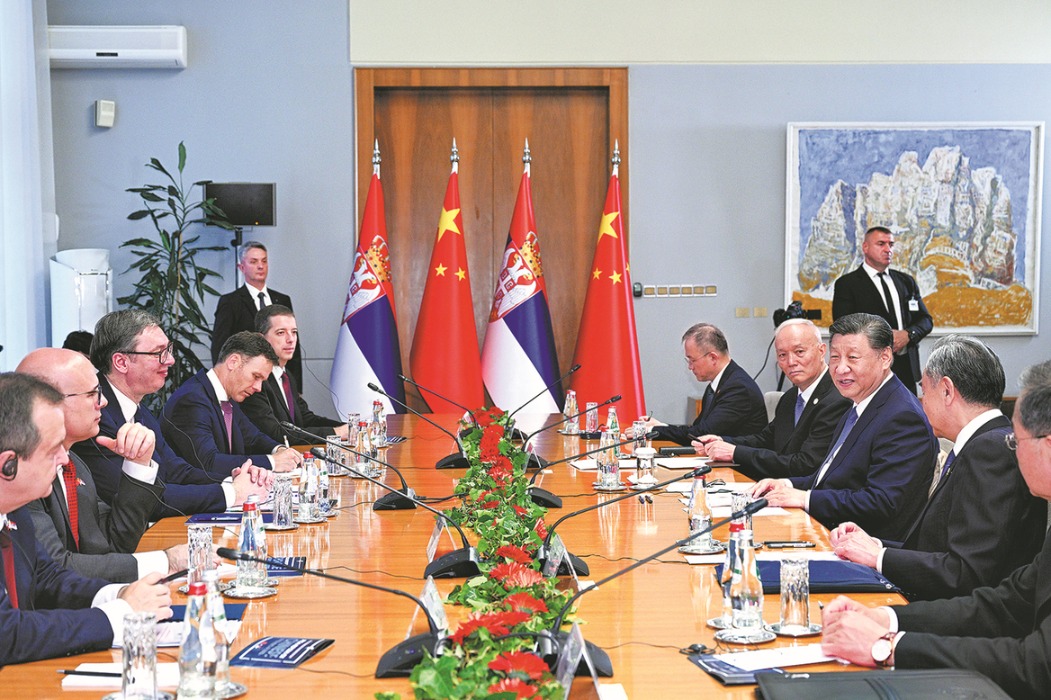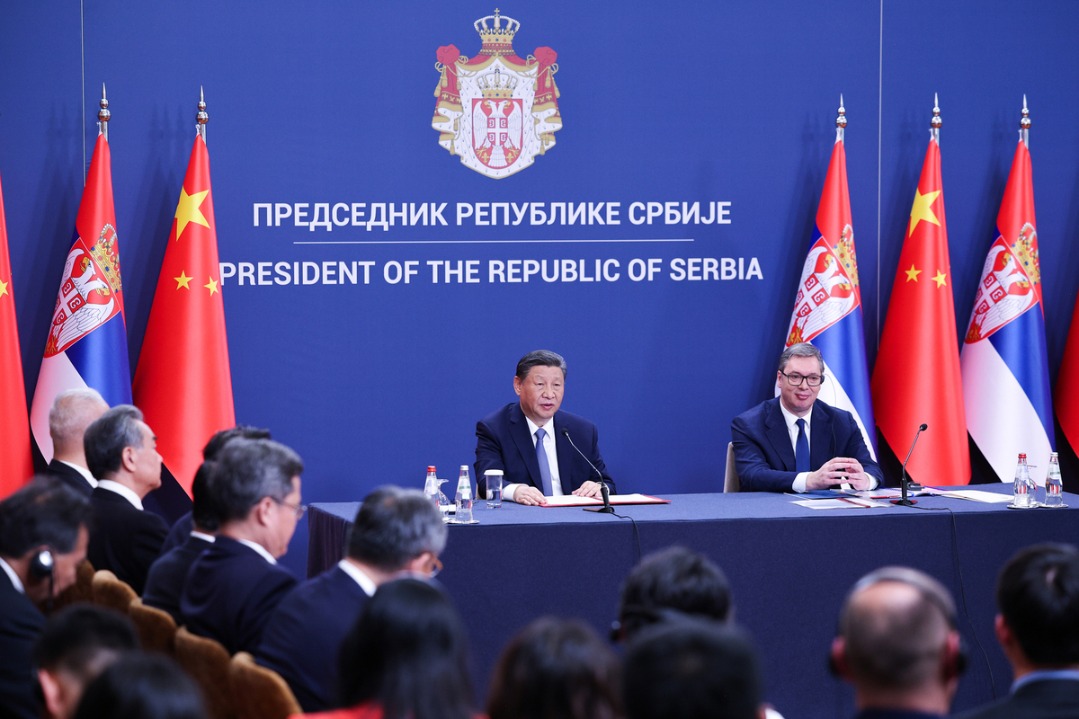Sports training must be fit for purpose
By LI YANG | China Daily | Updated: 2022-02-21 07:29

The dramatic increase in advertisements of various kinds for extracurricular sports training classes and services, with school-aged children as their target consumer group, is evidence of the potential of the market-if not the changes brought about by the enforcement of the policy to reduce the study burden on students.
The policy, which took effect in July last year, bans all forms of extracurricular academic training, prompting the companies to divert their attention to providing training in sports and art.
Surveys show that it is not rare for a child to have attended several sports training camps during the winter vacation, which cost thousands of yuan each.
That more places are increasing the share of the scores in physical fitness exams in the enrollment for junior middle school and high school in a bid to encourage the students to set aside more time for exercises, which is also an integral part of the Healthy China 2030 action plan, has also boosted the sudden prosperity of the market.
However, there are signs indicating the frenzy in the market is pushing the students to another extreme. The objective of many training camps, which is also the intention of many parents, is to improve the children's performances in certain sports events that are included in junior middle school and high school enrollment examinations in the shortest amount of time. As such, with many unqualified coaches and trainers jumping on the bandwagon, injuries caused by excessive exercise and unprofessional training and injury treatment are becoming more common.
It is fair to say that, the youth sports training market is becoming more utilitarian and exam-oriented. It is deviating from its intended purpose of developing children's interest in sports, and sports training is becoming a new burden for children and another source of anxiety for their parents.
On the one hand, the authorities should strengthen the regulation of the sports training market for youngsters. There should be strict requirements for the venues, facilities and qualifications of coaches and medical staff.
On the other, public schools should further improve the quality of their physical education classes and after-school sports training services to ensure children from the low-income families can also have access to professional tutoring.
It is also suggested that public schools and universities should open their gyms, playgrounds and other sports facilities for local residents at set times as the shortage of sports venues is acute and is becoming a main obstacle for the implementation of the Healthy China 2030 action plan.
























